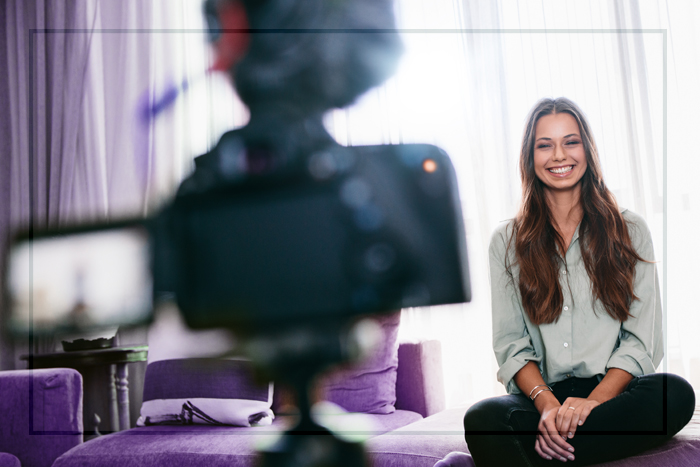05-19-2017
How Can Healthcare Use Social Media Influencers?

Dear House Rules,
More and more frequently lately, I’m hearing and reading about “social media influencers” – people with tens of thousands of fans or followers. This seems like an area of huge potential for pharmaceutical and device companies. Is it being explored? What is the promise and what are the pitfalls?
Signed,
Exploring using social media influencers in the right way
Dear Exploring:
Think of social media influencers as the next generation of celebrity endorsements. The endorsement of a beloved sports figure like professional golfer Phil Mickelson makes perfect sense for a brand like Enbrel®, which focuses on helping people with autoimmune disorders (one of which, rheumatoid arthritis, Mickelson has) improve their functioning. It also helps that Mickelson is beloved – and scandal-free. He radiates sincerity in a way that leads viewers to think “he’s just an everyday person like me, and this product seems to be helping him get through.”
This can, of course, go the other way as well – remember Novo-Nordisk’s ill-fated partnership with celebrity chef and Patron Saint of Sugar-Crusted, Double-Fried Chicken with Heavy Cream Dipping Sauce Paula Deen for their diabetes drug Victoza® in 2012? The clear message is that when choosing your influencer – whether it be a celebrity or a “regular citizen” like we find on social media – the fit needs to be right, and the influencer needs to be genuine. The American public loves nothing more than a good comeback story, but there are few sins that public is harder on than hypocrisy.
With the rise of social media, “everyday people” have been given the tools to share their health stories with virtually anyone who will listen. Some, like Barby Ingle, have lots of people listening. A chronic pain sufferer, Barby has over 26,000 followers on Twitter, all of whom are actively seeking her guidance in living with their own chronic pain conditions. (Talk about a precisely targeted audience!) Without intending to, she has become a patient influencer. (1)
You can’t put a price on the authenticity of an actual patient as a social media influencer – so naturally, many healthcare companies are trying to monetize it. Recently, Boston company?Wego Health launched a web-based platform that introduces?pharmaceutical firms, medical device manufacturers, and hospitals to people like Ingle. Those firms, in turn, pay influencers for access to their experiences, expertise, and followers. Wego is something of a bulletin board where companies post their needs—someone to recruit 50 people for a survey, for example, or represent the patient perspective on a panel—and influencers vetted by Wego?apply.?All the details are left to the parties involved; Wego only coordinates the introductions.(1)
Other patient influencers work more behind the scenes. Jodi Dwyer, a social worker from Boston who was diagnosed with multiple sclerosis in 2008, has?recruited other MS patients for surveys, sat in on focus groups, and spoken on panels hosted by various pharmaceutical manufacturers. In one clear example of how the MS community was able, through Jodi, to shape pharmaceutical marketing, a company?stopped airing a commercial that showed an MS patient climbing a mountain, riding a bike, and swimming in a pond all in the same day. “That just didn’t match up,” she says. “They were able to take the feedback that it didn’t feel authentic to us.” (1).
This is a new area. Both healthcare executives and clinicians worry that financial incentives and easy access to lucrative consulting opportunities could hurt patients as much as help them. Ultimately, it is the patient’s responsibility to decide who to “listen” to, and whether or not the product in the banner ad that appears next to that Facebook post or tweet is worth exploring based on the implied endorsement of the selected social media influencer. However, while not every issue is worked out, when it’s used properly, this type of partnership can be a positive force for both patient communities and healthcare companies.
At Xavier Creative House, we can help you partner with these influencers to bring your brand messaging directly to the patients who will be most interested in learning about it. Let’s talk!
Reference:1. https://www.wired.com/2017/03/social-media-influencers-finally-come-medicine/. Accessed May 8, 2017.

